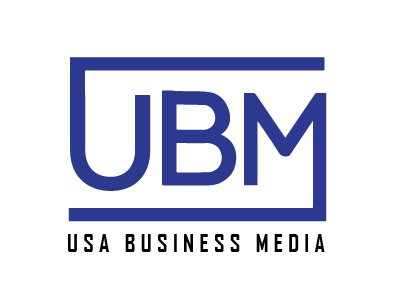As people across the United States wait with bated breath as the Supreme Court decides the fate of TikTok, Friday’s arguments brought up an important—and terrifying—question.
Can foreign companies use our online data to blackmail us into acting out their will?
The hypothetical argument brought up during the hearing was that of espionage. The U.S. government fears that Chinese company Bytedance—which owns TikTok—could use years of data collected from youth to coerce them into working as Chinese spies.
“I think the Congress and the president were concerned that China was accessing information about tens of millions of Americans, including teenagers and people in their 20s, to develop spies,” Justice Brett Kavanaugh said to TikTok attorney Noel Francisco during the hearing. “They could turn people, blackmail people who, a generation from now, will be working in the FBI or the CIA in the State Department.”
But regardless of how SCOTUS rules, this fear of U.S. data being used against them by hostile foreign entities is an ongoing concern with social media and online data as a whole.
“The United States lacks a personal data protection law, and as a result, we do not protect sufficient troves of personal data,” Dr. Susan Aaronson, a research professor of international affairs at George Washington University, told Daily Kos.
Aaronson explained that this concern exists well outside of TikTok’s bounds as well, as data brokers have been used to collect users’ personal information—which is legally sold within the United States—and resell it to outside entities.
“No one knows how to govern data,” she said, adding that the amount of data circulating around the internet at any given moment is immeasurable and extremely under regulated.
In February 2024, in an effort to curtail this massive data security problem, President Joe Biden signed an executive order that also details concerns of data brokers.
“Commercial data brokers and other companies can sell this data to countries of concern, or entities controlled by those countries, and it can land in the hands of foreign intelligence services, militaries, or companies controlled by foreign governments,” a White House release said of the executive order.
As we await a SCOTUS ruling on the TikTok ban, this executive order provides some protections for U.S. youth who unabashedly post their deepest secrets on the platform. But Aaronson fears that this executive order will be one of many to hit the chopping block once Donald Trump takes office.
While the Supreme Court seems poised to uphold the ban, it remains to be seen whether it will be done by the Jan. 19 deadline or extended to appease Trump, who will be inaugurated on Jan. 20.
If you value having free and reliable access to the information and resources we provide, we’re asking for your help today. Will you make a donation of $5, $25, or whatever you can afford to help keep the lights on?

